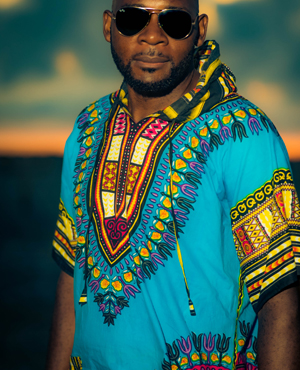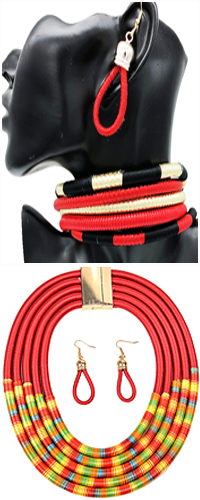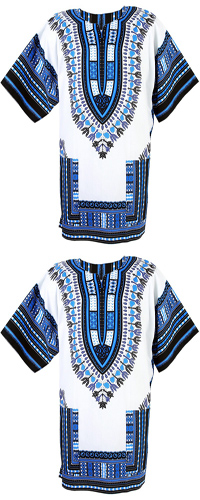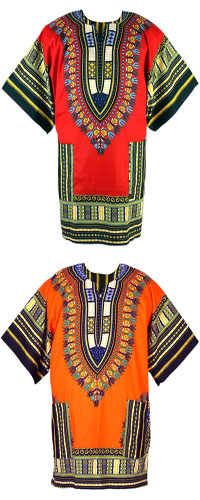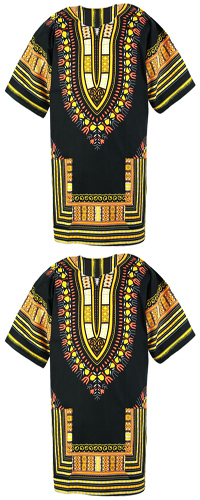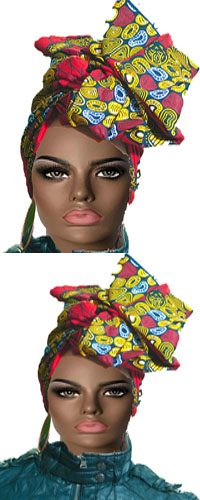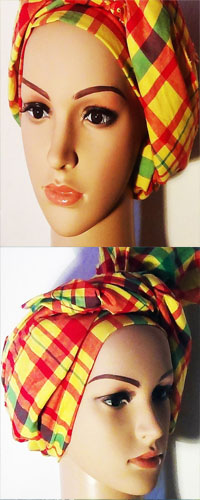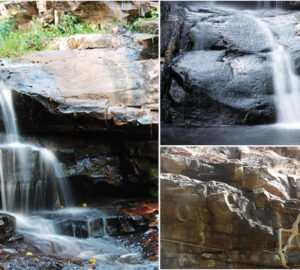Bébé Manga: 13 things you need to know about the Cameroonian singer
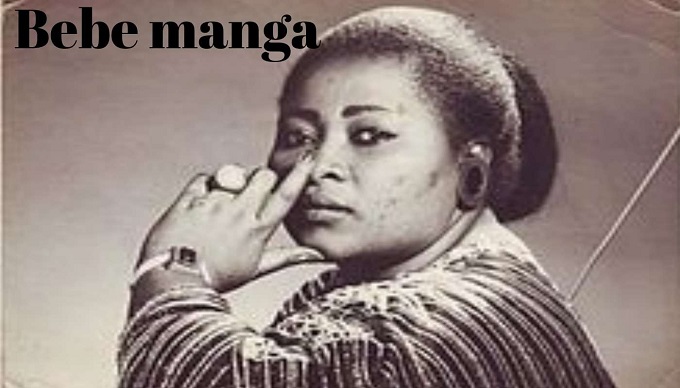
- Nationality: Cameroonian
- Date of birth: November 27, 1948
- Death: July 1, 2011
Bébé Manga, real name Elizabeth Prudence Bessem Manga, is an exceptional Cameroonian Makossa singer. Her life has been full of ups and downs, but she is one of Africa’s most beautiful female voices and icons. Her social conscience has inspired a whole generation.
Afroculture.net presents 13 things you need to know about the Cameroonian singer.
1/ She was born on November 27, 1948 in Mamfé, in the Manyu division of Cameroon’s South-West region.
2/ She was the daughter of a school principal. She started singing in the church choir.
3/ Later, she married Dr. Ako Defang. She then moved to the United States. There, she studied secretarial science. Unfortunately, on their return to Cameroon, following numerous domestic problems, they ended up divorcing.
4/ After her divorce, she adopted the name Bebe Manga and began her musical career playing in nightclubs. As an anecdote, she went out to a bar with some friends. When one of the bar’s artists played the song “kissa kissa”, which was one of her favorite songs. Her friends went to the club manager and asked him to make her sing. When he heard her sing, he fell in admiration and hired her on the spot.
5/ Then, she went on to perform throughout Africa. Her first stop was Gabon. Then, in 1975, she went to Côte d’Ivoire, where she played in a nightclub in Abidjan called “Son de Guitare”. It was in Côte d’Ivoire that the owner gave her the nickname “Bébé”. And everyone started calling him “Bebe”, and eventually the name stuck. Hence the stage name Bébé Manga. She lived for many years in Côte d’Ivoire, where she recorded several songs. She toured extensively in Africa. She sang in Senegal, Ivory coast Gabon, Mali, Zaire, Togo, Burkina Faso, Ghana, Liberia, Congo Brazzaville, Benin, Morocco and elsewhere.
6/ She has also sung in the Caribbean islands (Guadeloupe, Haiti, Martinique), France, Colombia and the United States.
7/ By 1980, she was a hit. Her cover of Ebanda Manfred’s 1962 song “Amie” brought her international fame. Thanks to her magnificent voice, she turned Manfred’s song into an international hit. She won the SACEM’s “Maracas D’or” for this landmark song. The song Amio has been covered in various languages by musicians from Europe, the Caribbean, Latin and North America and Africa, by artists such as Monique Séka, Jackie Biho. André Astasié, Nayanka Bell, Manu Dibango, Papa Wemba.
8/ In 1990, she sang the song “Mota Benamaa”, which became an international hit. The song speaks of the suffering of children around the world. But following the death of her brother, she decided to move back to Douala in Cameroon. She sings and records beautiful songs with artists Ebanda Manfred and Tom Yoms.
9/ Most of his songs are sung in English and French, in Douala as well as in his native Ejagham. Bébé Manga had an angelic voice. Her lyrics spoke of love, domestic violence, marital infidelity, polygamy, intertribal marriages and more.
Sa discographie :
- Ami-Oyomiya (1982)
- Beko (1982)
- Djoudjou Dada (1982)
- Temps Futur (2000)
10/ Gradually, she became more discreet. But in 1998, she took part in Manu Dibango’s album Manu Safari.
11/ She was 1st Vice-Chairman of the Board of Directors of Cameroon Music Corporation (CMC) when Sam Mbede was Chairman.
12/ During her lifetime, she never had the chance to have children. She loved children. To cope with this situation, she adopted a dozen children from the South-West and North-West regions of Cameroon.
She declares:
« I think God Almighty gave me a voice, which means he wanted me to sing; that’s what made me famous… I’m very grateful and I can’t ask for more because only God knows why he decided I shouldn’t have children. “
13/ On July 1, 2011, she died of a heart attack at her home in Banamouang, Akwa-Nord district, Douala. Her body was buried on July 30, 2011 in the family compound in Tinto, Cameroon.
|
|
What do you think about it?

